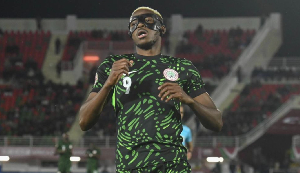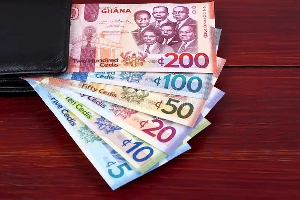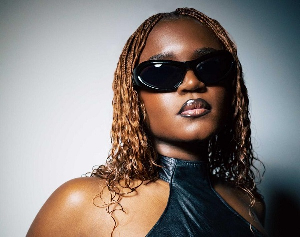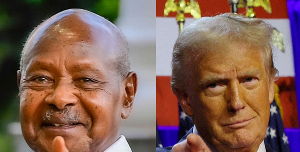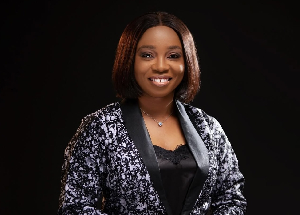As part of efforts to get students put into practice what they have been learning in the classroom, political communication lecturers at the Ghana Institute of Journalism have organized an ‘Interclass Political Campaign Competition’ for Level 300 students of the Institute.
The competition, which is the first of its kind in the school, required of students to simulate the formation of a political party and prepare it for the 2020 General Election.

Speaking to Dr. Lawrence Agyepong, who is the Acting Head of the Department of Communication of the school, she explained that one of the major aspects of the course was to learn about campaign communication and as such, they thought it prudent to hold such a competition to allow students practice all aspects of political communication.
“The political communication lecturers came together and thought about how we can get the students to practicalize what they have been learning in the classroom because one of the key aspects of political communication is to learn about campaign communication, political party communication and political marketing,” Dr. Agyepong told UniversNews
“The idea for the competition originated from Dr. Etse Sikanku, a lecturer for the course and it was endorsed and embraced by the other lecturers and the department,” she added
The senior lecturer at the Institute further disclosed that the Communication Department of the school was arranging to start a programme in Political Communication and so used the competition as a litmus test to see how it could work out.
“We want to start a B.A in Political Communication and so this was a good litmus test to see how we can run ahead with that particular course.”
Dr. Agyepong says that the outcome of the competition has indicated that such a programme in the school is possible in training persons who want to take up politics as a profession.
“It has made us know that it is possible and that it is something that we can do to train people who want to be in political communication or to go into politics as a profession and act as consultants because there are so many jobs that you can do within politics that will benefit the political parties and the political system so this is one of the things that we thought that it will really help us shape up the course component for political communication”
Member of Parliament for North Tongu Constituency, Hon. Okudzeto Ablakwa, who was at the program and served as one of the judges was happy with the organization.
He believes that the efforts of the students in the competition was an indication that they would be helpful to established political parties and the nation at large.
“This has been very impressive and well organized. The students put in a lot of efforts and creativity and ingenuity. They have been totally mind blowing with their dexterity, political ads and their level of research. This shows that this country has a great future and the established political parties can also be rest assured that the next generation of political communicators will be very helpful and they would be disrupting the status quo.”
Other judges were Professor Abeeku Blankson, Vice-President Ghana Telecom University College, and Dr. Gilbert Tietaah, Senior Lecturer, University of Ghana.
In all, there was ten political parties – 5 at the Regular School and 5 at the Weekend School.
At the end of the competition, the United Congress, with Mr. Patrick Anyebuno as its flagbearer was adjudged winner in the Regular school.

The Social Democratic Party, with Ms. Samira Mohammed as its leader, emerged as winner in the Weekend School.

The competition is set to be held annually.
This year’s event was on the theme, ‘Political Communication in Practice: Deepening and Engendering Participation among Young Communicators.’
General News of Monday, 25 November 2019
Source: universnewsroom.com



